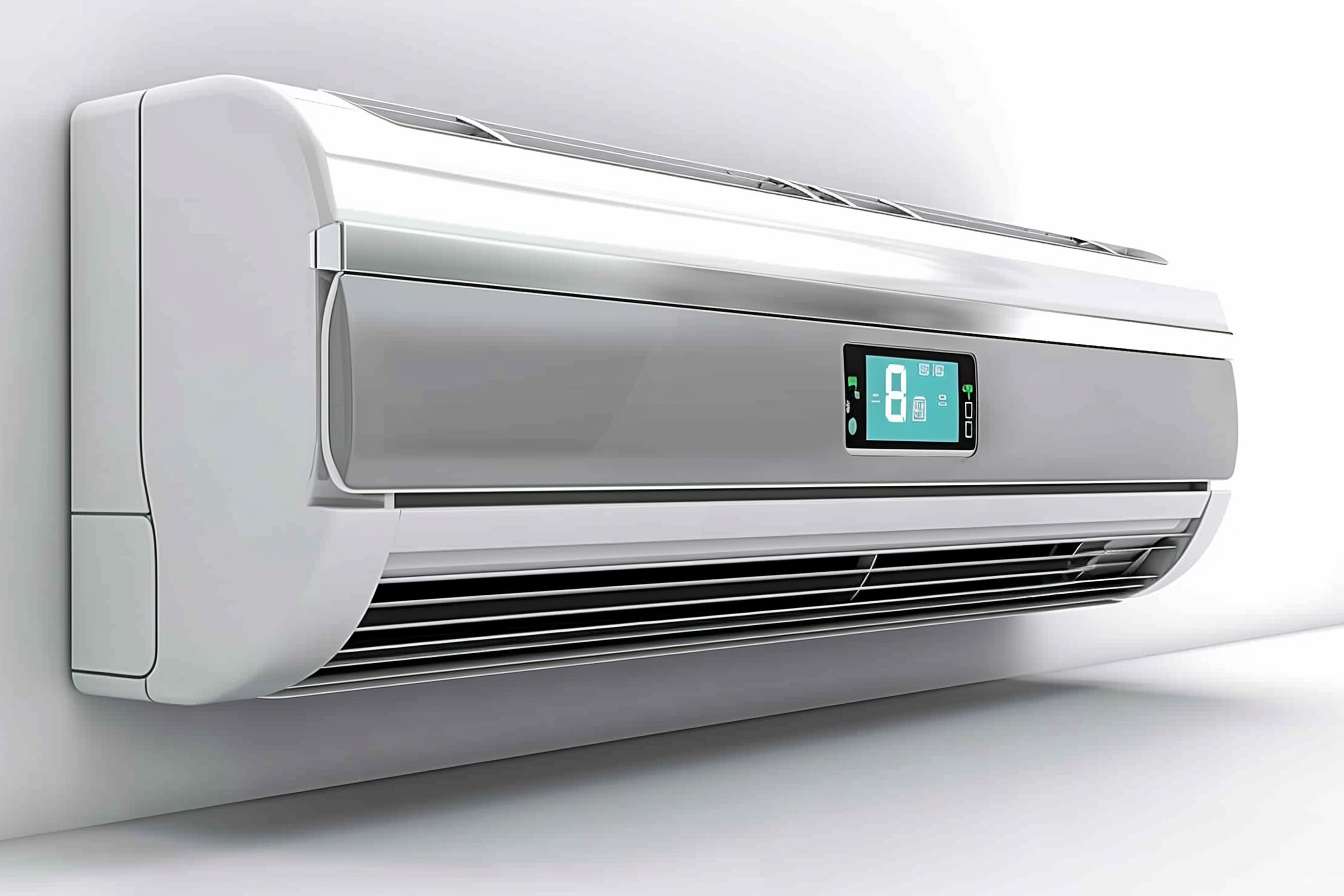Heat Pumps: The Future of Home Climate Control
Discover why heat pumps are rapidly becoming the go-to choice for Canadian homeowners seeking efficient, eco-friendly heating and cooling solutions. This comprehensive guide explores the technology behind modern heat pumps, their benefits in various climates, and how they're reshaping residential energy use. Learn about different types, performance in cold weather, and the potential cost savings that make heat pumps a smart investment for year-round comfort.

Heat Pumps: Revolutionizing Home Comfort in Canada
Understanding Heat Pump Technology
Heat pumps are innovative climate control systems that operate by transferring thermal energy between indoor and outdoor environments. Unlike conventional heating methods that generate warmth, these versatile devices move existing heat, providing both heating and cooling capabilities. During colder months, heat pumps extract warmth from the outside air or ground, compress it to increase temperature, and distribute it indoors. In warmer seasons, the process reverses, expelling indoor heat to the exterior.
The core of a heat pump’s operation lies in its heat exchange process, facilitated by refrigerant circulation. This mechanism allows for remarkable efficiency, often delivering 3-4 units of heat for every unit of electricity consumed. Such performance surpasses traditional heating systems, including high-efficiency gas furnaces limited to about 98% efficiency.
Advancements in Heat Pump Efficiency
Recent technological breakthroughs have significantly enhanced heat pump performance:
- Inverter-driven compressors enable variable speed operation, optimizing energy use and maintaining consistent temperatures.
- Improved defrosting capabilities extend functionality in colder climates.
- Cold climate performance enhancements allow operation in temperatures as low as -30°C.
These innovations have expanded the viability of heat pumps across diverse Canadian regions, challenging the notion that they’re unsuitable for harsh winters.
Heat Pump Options for Canadian Homes
Canadian homeowners can choose from several heat pump varieties:
- Air-source heat pumps: Common and relatively easy to install, ideal for moderate climates.
- Ground-source (geothermal) heat pumps: Highly efficient, leveraging stable underground temperatures.
- Water-source heat pumps: Suitable for properties near water bodies.
- Ductless mini-split systems: Perfect for homes without existing ductwork or for zoned heating/cooling.
- Hybrid systems: Combining heat pumps with backup heating sources for extreme cold.
Each type offers unique advantages, catering to different home layouts, geographical locations, and climate conditions.
Cold Weather Performance
Modern heat pumps have overcome historical limitations in cold climates. Advanced models now operate efficiently at temperatures reaching -25°C to -30°C, utilizing:
- Enhanced compressor technology
- Low-temperature refrigerants
- Supplementary heating elements or integration with existing systems
While efficiency may decrease in extreme cold, many heat pumps still outperform traditional heating methods in Canadian winters. Proper sizing and professional installation are crucial for optimal cold-weather operation.
Environmental Impact
Heat pumps offer significant environmental benefits:
- Zero direct emissions at the point of use
- Reduced carbon footprint, especially when powered by clean electricity
- Decreased reliance on fossil fuels
- Alignment with Canada’s climate goals and clean energy transition
In provinces with predominantly clean electricity grids, heat pumps represent an exceptionally low-emission heating and cooling solution.
Cost Considerations and ROI
While initial installation costs for heat pumps can be higher than traditional HVAC systems, long-term energy savings often justify the investment:
| Heat Pump Type | Approximate Installation Cost | Potential Annual Savings |
|---|---|---|
| Air-Source | $3,000 - $8,000 | 30-50% vs. electric heating |
| Ground-Source | $20,000 - $40,000 | 50-70% vs. conventional systems |
| Ductless Mini-Split | $3,000 - $5,000 per zone | 25-40% vs. baseboard heating |
| Hybrid System | $7,000 - $12,000 | 15-35% vs. standalone systems |
Note: Costs and savings can vary based on location, home size, and energy prices. Always consult local professionals for accurate estimates.
Many provinces offer incentives and rebates for heat pump installations, potentially offsetting initial costs. Additionally, energy-efficient homes often command higher resale values, further enhancing the long-term financial benefits of heat pump systems.
Conclusion
Heat pumps represent a paradigm shift in residential climate control, offering an unparalleled combination of efficiency, environmental responsibility, and year-round comfort. As technology continues to advance, these systems are increasingly well-suited to Canada’s diverse climate conditions. For homeowners considering an HVAC upgrade, heat pumps present a forward-thinking solution that aligns with both personal comfort needs and broader environmental goals. With potential for significant long-term savings and reduced carbon footprint, heat pumps are positioning themselves as the future of home heating and cooling in Canada.




